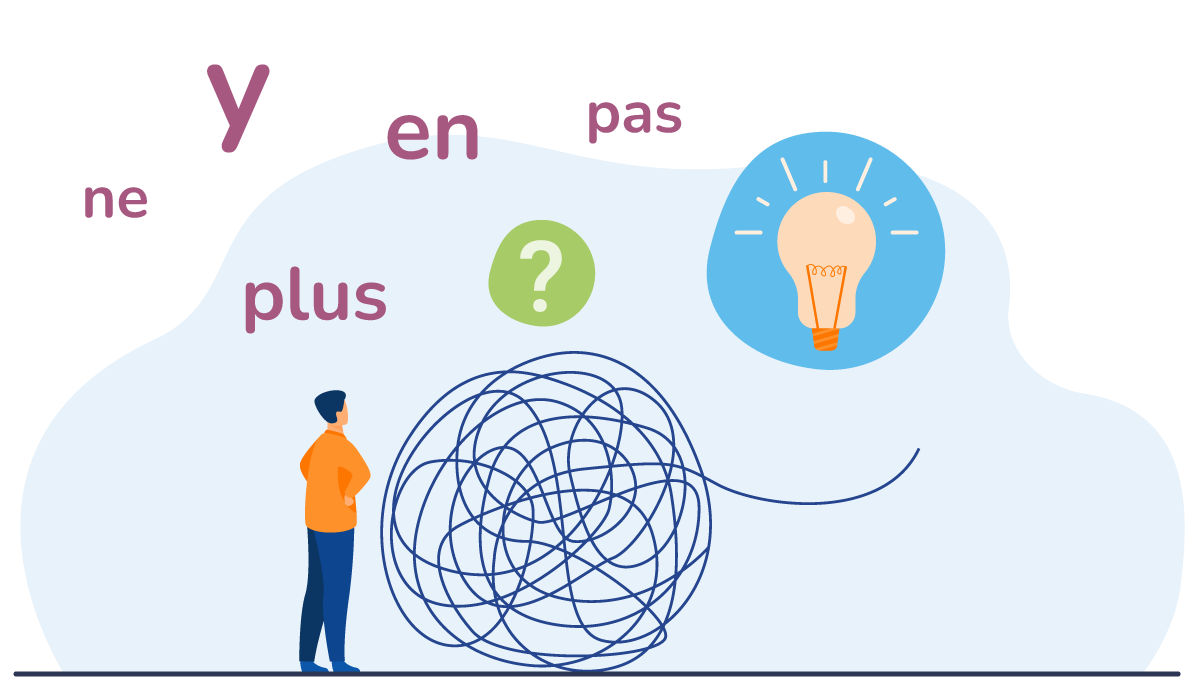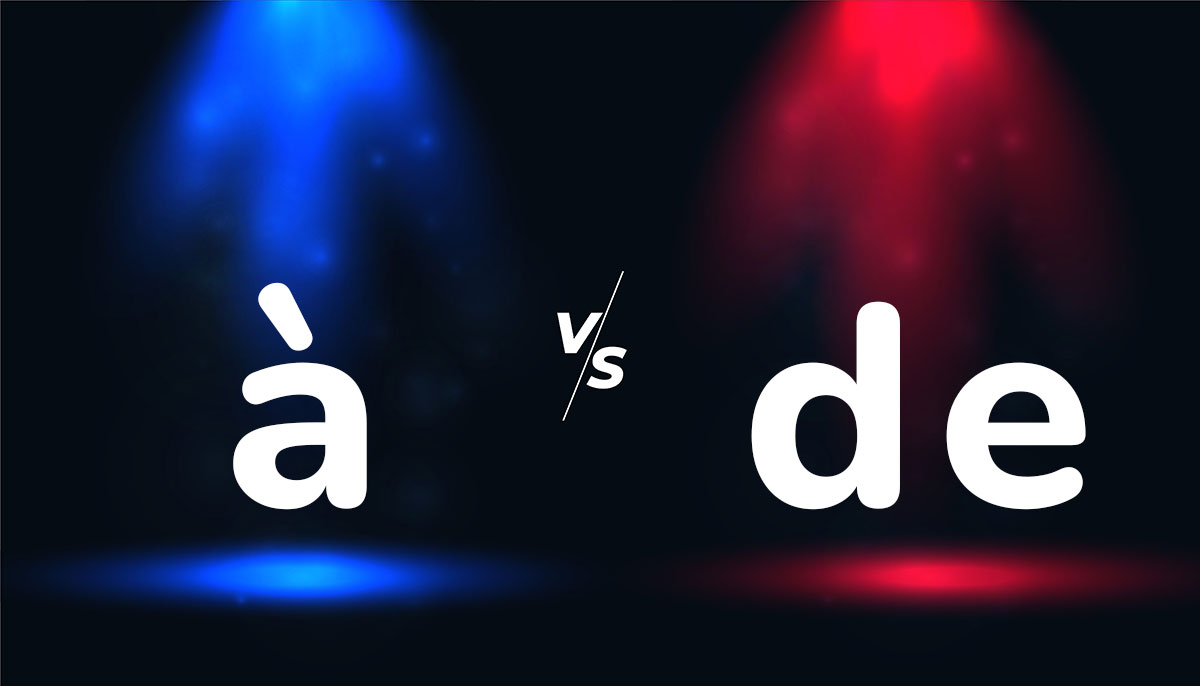What is the “futur proche” and when do you have to use it in French?
I’m sure you all know that in English, we use the future tense to talk about things that will happen in the future. But did you know that French has a similar construction? In fact, there are a few different ways to say “future” in French, and each one has a slightly different meaning. So if you’re planning on learning French in the near future (or just want to impress your friends), keep reading for a quick lesson on the future tense – futur proche – in French!







